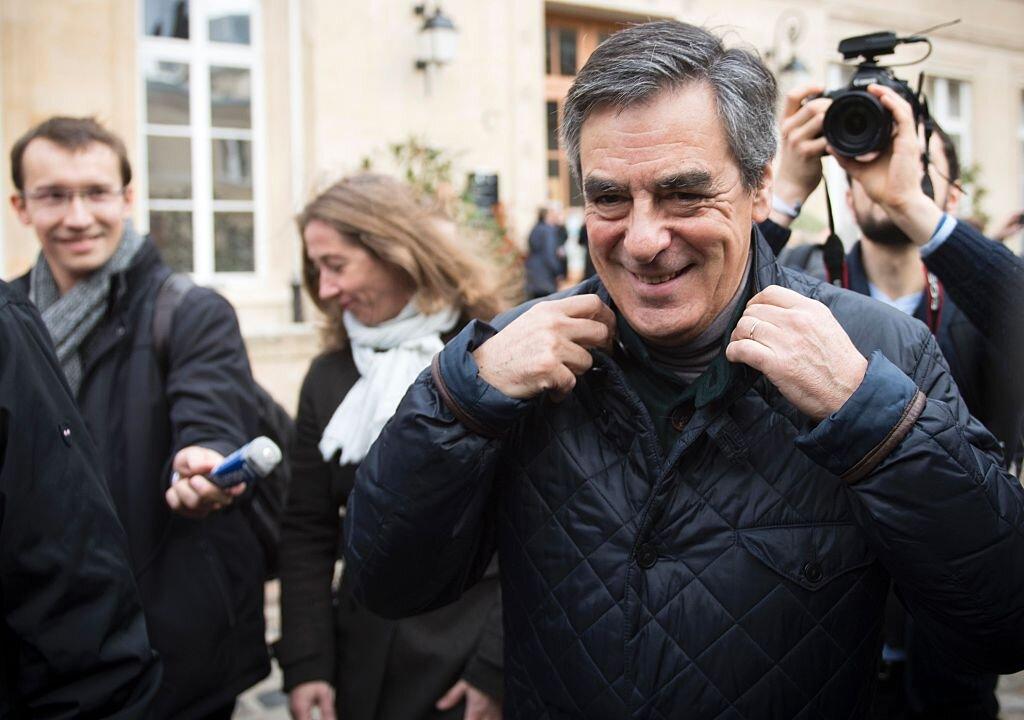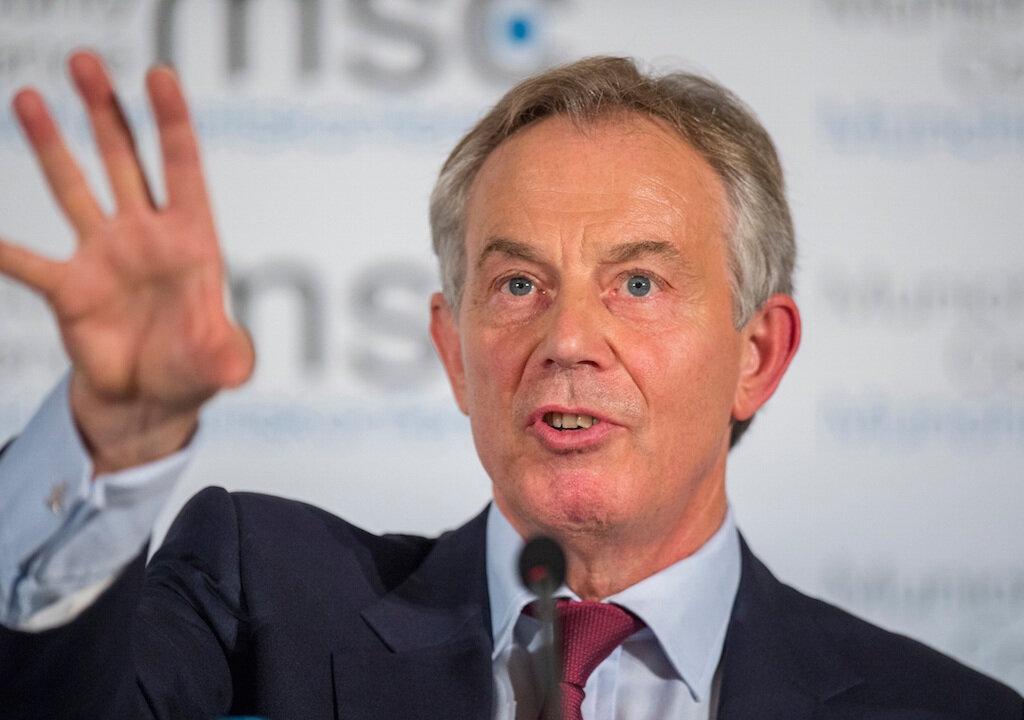Let’s face it - the European Union is not particularly known for its efficiency in fast decision-making. Rather, the European way of doing things is best described as a cocktail of long caffeinated summits stretching far into the early hours of the morning, followed by intense hand wringing over how best to reconcile the various warring interests of its members. But the June 27th summit in Ypres proved to be one of those rare days when Europe (almost) came together and mattered.
Habemus papam
It’s official: Jean Claude Juncker, the former Prime Minister of Luxembourg, will be the European Commission’s next president, despite the intensely negative media and political campaigns mounted by UK’s David Cameron. In an unprecedented move in the history of the Union, the British PM forced a vote on the issue, but floundered largely thanks to the changes brought about by the Lisbon Treaty, which replaced unanimity with the more easily achievable qualified majority voting.
In all honesty, Cameron’s failed gambit against Juncker’s candidacy was widely expected. After Matteo Renzi of Italy and Francois Hollande of France turned their backs on his bid, the British PM became a lonely outlier, backed only by controversial Viktor Orban of Hungary. Pundits made no efforts to hide their satisfaction, some even quipping ‘finally someone agrees with Orban’
Cameron immediately took to social media to express his dissatisfaction, tweeting that ’this is was a bad day for Europe‘ and that ’EU leaders could live to regret' their decision to endorse the European Parliament backed candidate. His bellicose rhetoric didn’t last for long, since Britain’s long-term interests are at stake – on June 30th a meek Cameron congratulated Juncker for his win and assured him that despite his previous objections he ‘can do business’ with the 59 year old Luxembourger. In any event, the snubbed British leader is now one step closer to shift his official stance from renegotiation with the EU to advocating for an outright Brexit.
Ukraine, Moldova and Georgia go to Brussels
Moving away from the humdrum internal politicking of the European Union, which is bound to flow with or without Juncker in roughly the same way, the Ypres summit was the setting for the historic signing of the Association Agreement (DCFTA) with Ukraine, Moldova and Georgia. With a swipe of the pen, the three former Soviet republics declared their unfettered allegiance to Europe in spite of Russia’s staunch resistance. In a piece published by EuObserver, Georgia’s former ambassador to the EU, Salome Samadashvili celebrated the event by remarking that ‘while geography is destiny, history does not have to be so’.
The Association Agreements, touted as the most comprehensive trade treaties ever offered to non-EU members, will definitely change both the economies of the three countries and the geopolitical landscape of Europe’s neighborhood. Properly implemented, the package will likely lead to higher living standards while also accelerating the modernization of the three countries’ economies. As with everything European, benefits are conditioned on implementing reforms, meant to further the rule of law, the respect for human rights and just about anything that makes an economy tick. In exchange, the countries stand to win billions in extra trade. According to reports, Ukrainian exporters will save close to €500 million a year once custom duties are lifted, while the share of exports will increase by €1 billion a year. Georgia’s economy will accelerate by 4.3% per year, whereas Moldova’s will shoot forward by some 5.4%.
Russia loses the war for heart and minds - again
As expected, Russia reacted with hostility , fully aware of the erosion its influence has suffered. No sooner had the Agreement been signed that Russia went on the offensive – and failed. That same day, Belarus and Kazakhstan rejected a Customs Union resolution calling for restrictions on Ukrainian imports, launched by the Kremlin in retaliation to Ukraine’s moves.
Despite Moscow’s towering shadow over the capitals of both countries, the two republics refused to dance to the Kremlin’s tune. But we shouldn’t be fooled and chalk this up to a stern rejection of the hard Russian line nor as a symbolic declaration of independence. The two countries had to protect their own, core interests. Kazakhstan is seeking to gain accession to the WTO and the country is well aware that Ukraine could easily veto its application, whereas Belarus is heavily reliant on Ukrainian exports – closing the border would have been economically unreasonable.
Had the restrictions passed though, cash-strapped Ukraine would have suffered an economic backlash worth an estimated $8 billion in sanctions and a further $40 billion in lost trade, a death blow for the country’s already struggling economy. Nevertheless, Moscow is determined not to let the signing of the agreement go unnoticed and will probably launch measures of its own. In the past, Russia has passed multiple rounds of trade sanctions on exports coming from Albania, Ukraine and Moldova as ways to pressure the countries refusing to follow its lead.
In any event, Belarus and Kazakhstan dealt an unexpected blow to Russia. Even if it has managed to destabilize the Ukrainian state and nab Crimea from Kiev, in the long run Moscow’s attitude is sure to backfire. It would be pure folly to assume that a country can survive in the current international system without allies. If the Kremlin alienates its dwindling number of friends even more, it might end up just like David Cameron – disenfranchised and isolated.




